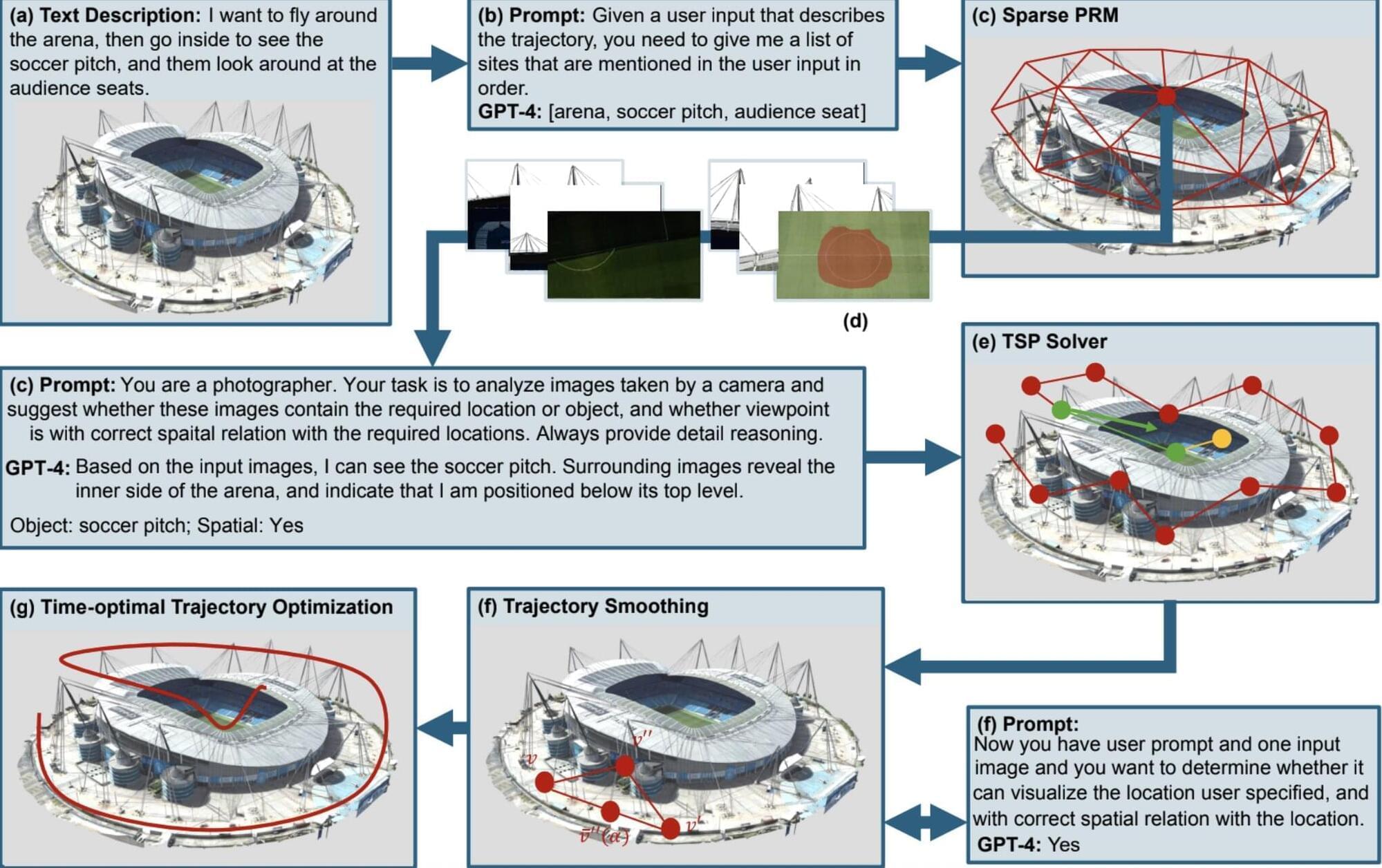Use code sabine at https://incogni.com/sabine to get an exclusive 60% off an annual Incogni plan.
According to Einstein’s theories, the universe started with a Big Bang singularity and is slowly expanding until it disperses into nothingness. But physicists have also come up with theories claiming that the Big Bang was non-singular and can repeat, restarting the cycle over again. These are called “cyclic models,” and they’ve re-emerged into the spotlight now that there’s mounting evidence that dark energy is weakening over time. However, a physicist from UC Berkeley recently published a paper which he claims “categorically rules out” cyclic models. Let’s take a look.
🤓 Check out my new quiz app ➜ http://quizwithit.com/
📚 Buy my book ➜ https://amzn.to/3HSAWJW
💌 Support me on Donorbox ➜ https://donorbox.org/swtg.
📝 Transcripts and written news on Substack ➜ https://sciencewtg.substack.com/
👉 Transcript with links to references on Patreon ➜ https://www.patreon.com/Sabine.
📩 Free weekly science newsletter ➜ https://sabinehossenfelder.com/newsletter/
👂 Audio only podcast ➜ https://open.spotify.com/show/0MkNfXlKnMPEUMEeKQYmYC
🔗 Join this channel to get access to perks ➜
https://www.youtube.com/channel/UC1yNl2E66ZzKApQdRuTQ4tw/join.
#science #sciencenews #physics #singularity
